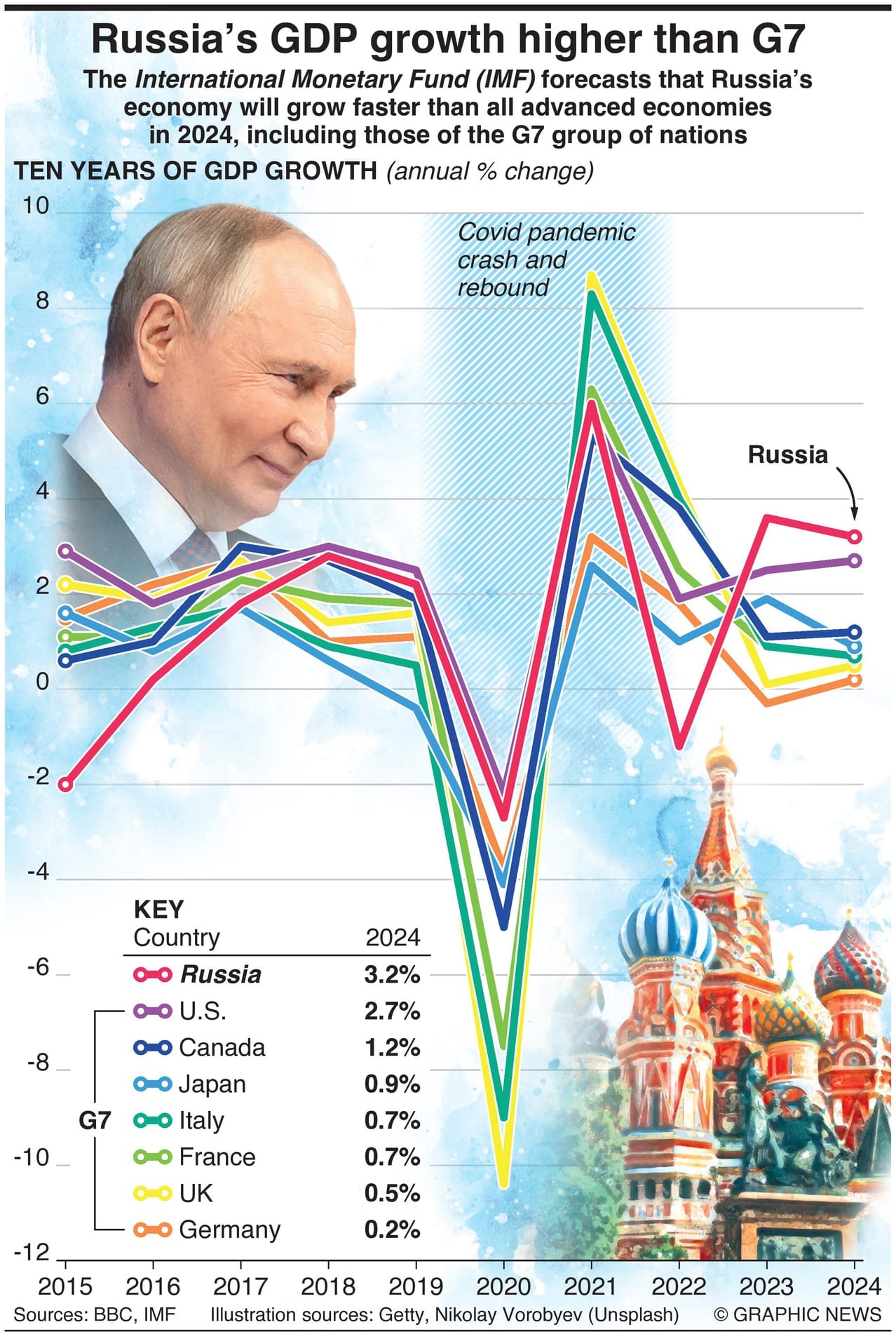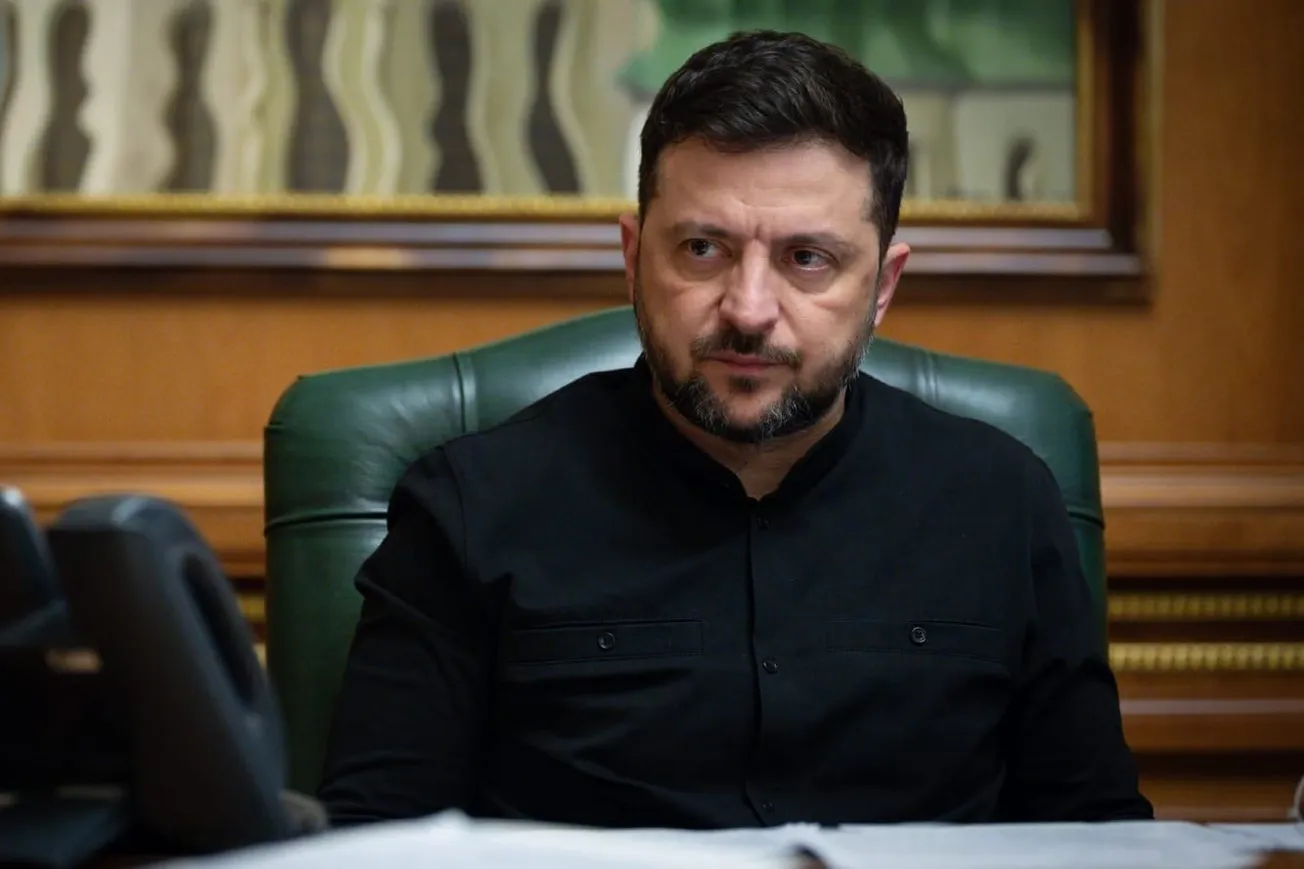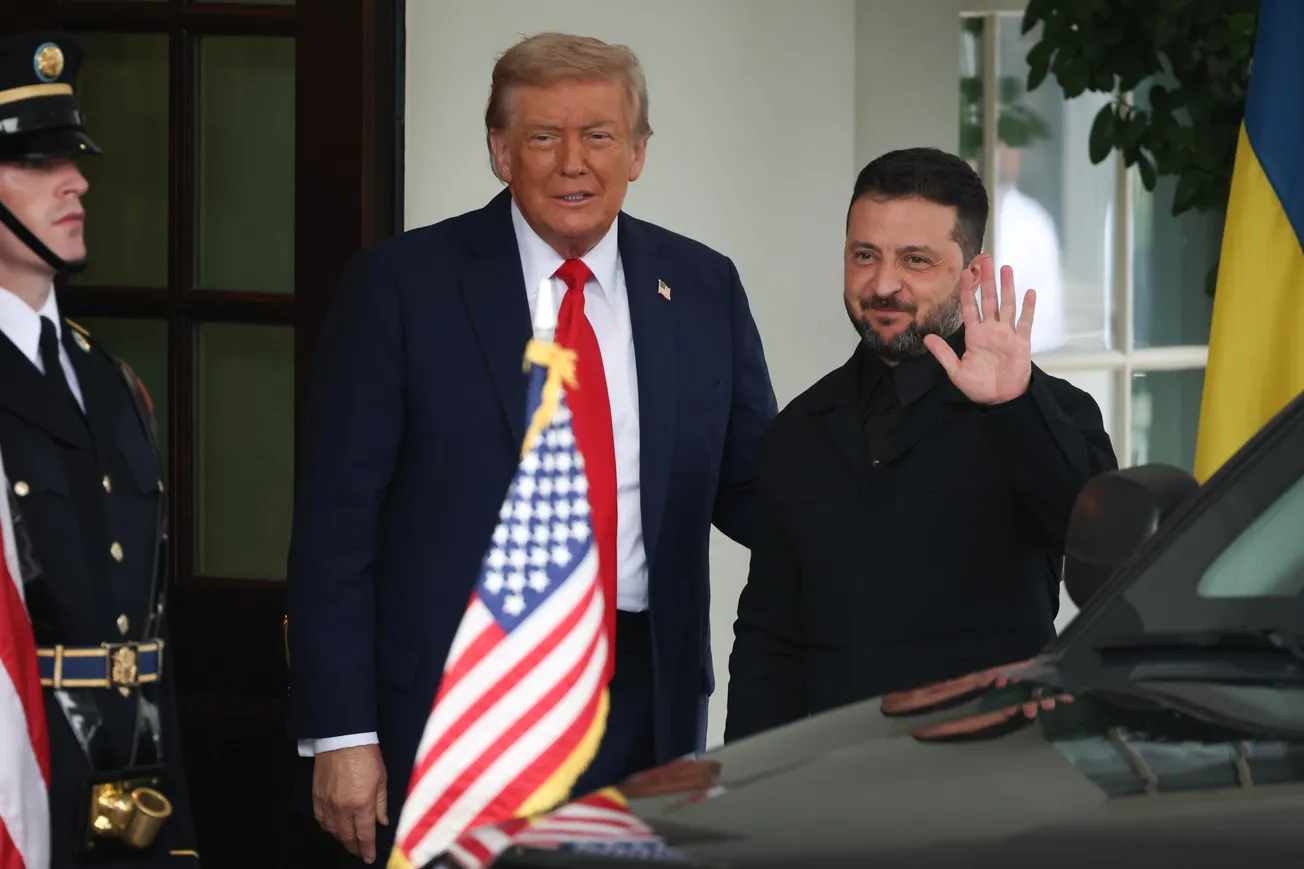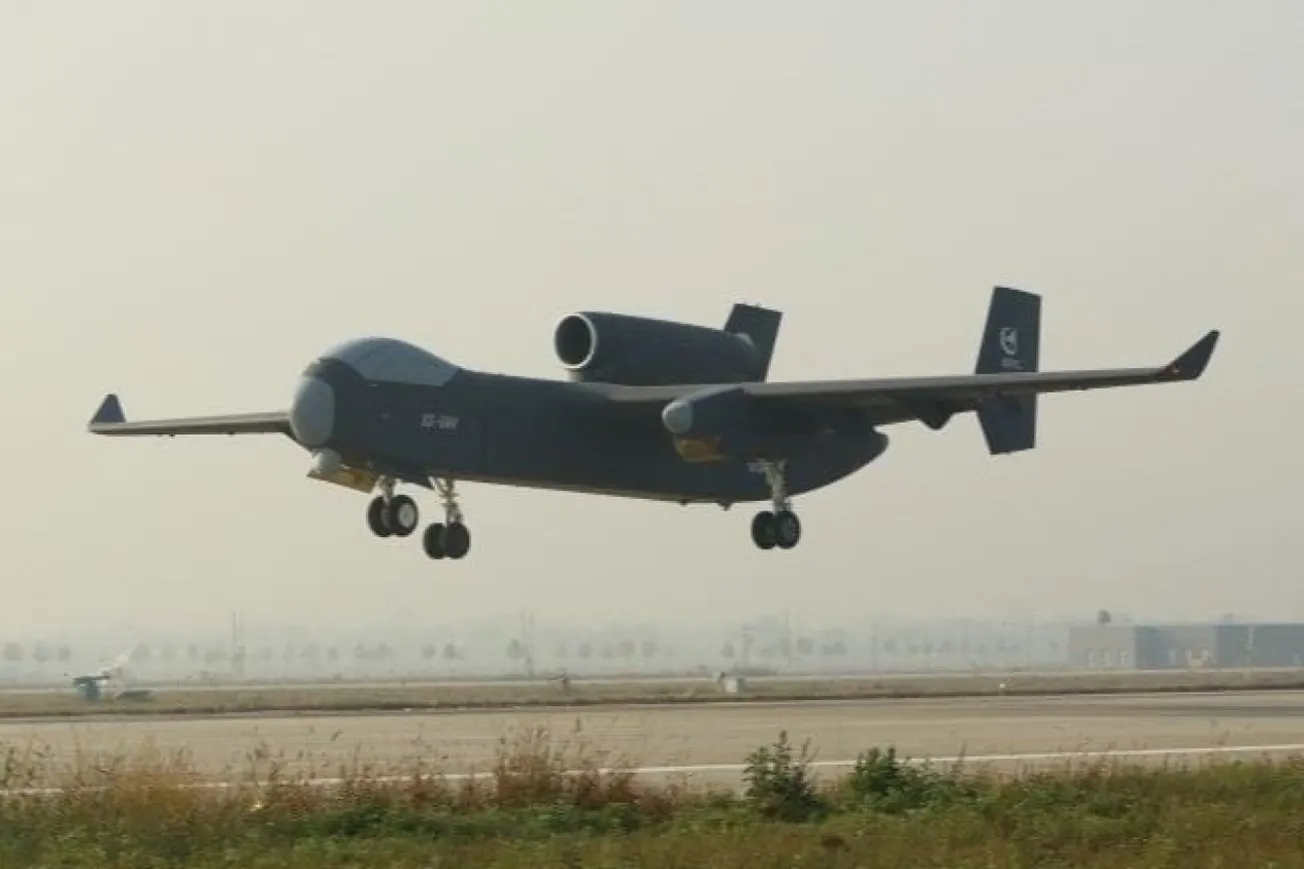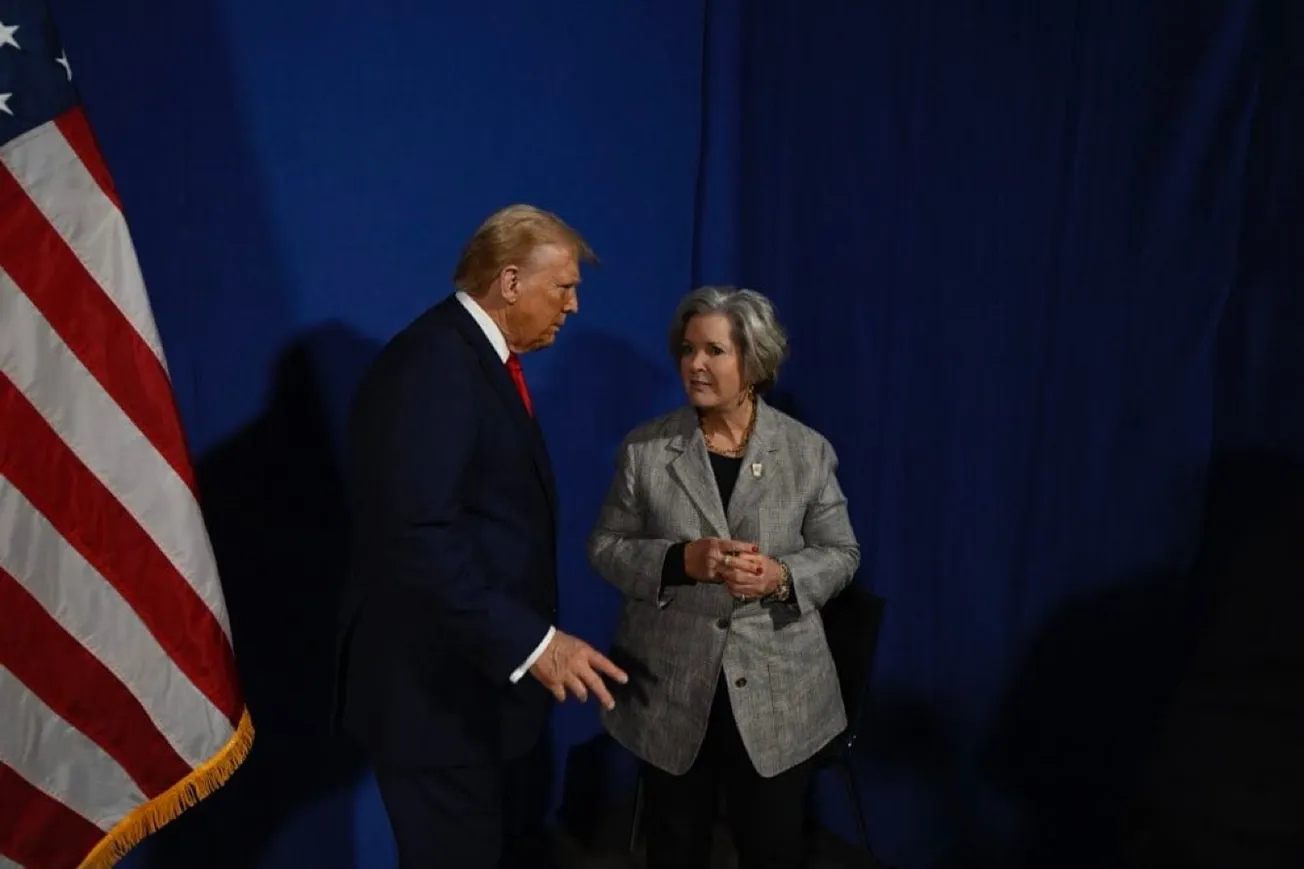A colleague of ours was on a KLM flight this week from an Asian city to Amsterdam, the Dutch airline’s massive European hub. A frequent traveler, he observed that the moving map displaying the plane’s route was different. It avoided Iranian airspace altogether, taking a relatively circuitous route over Kuwait City, Basra, and Baghdad in Iraq before veering a steep right over Mosul and again turning a sharp left to fly over Turkey to head towards Amsterdam. The inflight magazine showing the airline’s dense routes out of Amsterdam had a note at the bottom: “We do not currently fly over Russia or Ukraine.”
The two wars prosecuted by the West - in Ukraine and the Middle East - with little hope for a peaceful end have taken a toll on the airline industry. Avoiding hostile airspaces because of war is the right thing to do, of course, but it adds to the cost of operations for these airlines, burns up more aviation fuel, increases greenhouse gases, worsens the environment, and raises the cost of travel.
Airlines from India, the UAE, Saudi Arabia, other Gulf nations, and China routinely overfly large Iranian and Russian airspaces because their governments are largely unaligned with these conflicts. Russia, Ukraine, and Iran are large land masses in the world, and it is not easy to bypass their airspaces without substantial costs.
Chinese airlines operated more than 75 weekly flights to the United States before COVID-19. Under bilateral aviation agreements, carriers from America were also allowed the same number of flights to China, although the American airline companies did not use up all the flight slots. With passenger traffic falling significantly during COVID-19 and the immediate years afterward, the two governments are now renegotiating the number of flights between the two countries.
Chinese carriers routinely fly over Russian airspace, taking the polar route to reach America. But, American carriers are banned from Russian airspace because of the West’s sanctions on Russia. As a result, each American airline flight has to fly hours longer, taking the longer Pacific route and adding to operational costs - for fuel and their flying crews. (FAA rules require additional pilots and cabin staff for longer flights.)
American airline companies are lobbying Mayor Pete, who is leading American negotiations, by insisting that using Russian airspace provides an “unfair competitive advantage” to Chinese carriers eager to flood the market. So, bastions of free-market capitalism are lobbying their government to control the number of flights granted to their competitors because of Washington’s foreign policy priorities?
Ah, the issue of overcapacity. It surfaced again during the Chinese Premier’s recent visit to France when the appointed head of the EU, Ursula von der Leyen, repeated US Treasury Secretary Janet Yellen’s threats to Beijing verbatim.
Used to cheap Russian energy, for years, European manufacturers had been competitive with China by churning out products for export. But because of the West’s sanctions and stated purpose of cutting Russian energy off to starve Moscow of funds for its war against Ukraine, European companies have had to resort to more expensive alternate forms of energy, including Liquefied Natural Gas from America. The increased costs sent Germany, a manufacturing powerhouse, into a recession last year, with little hope of recovery this year. Meanwhile, China, which enjoys excellent relationships with Russia, has become the latter’s biggest energy customer, buying at bargain-basement prices despite the West’s Russian oil price cap sanctions.
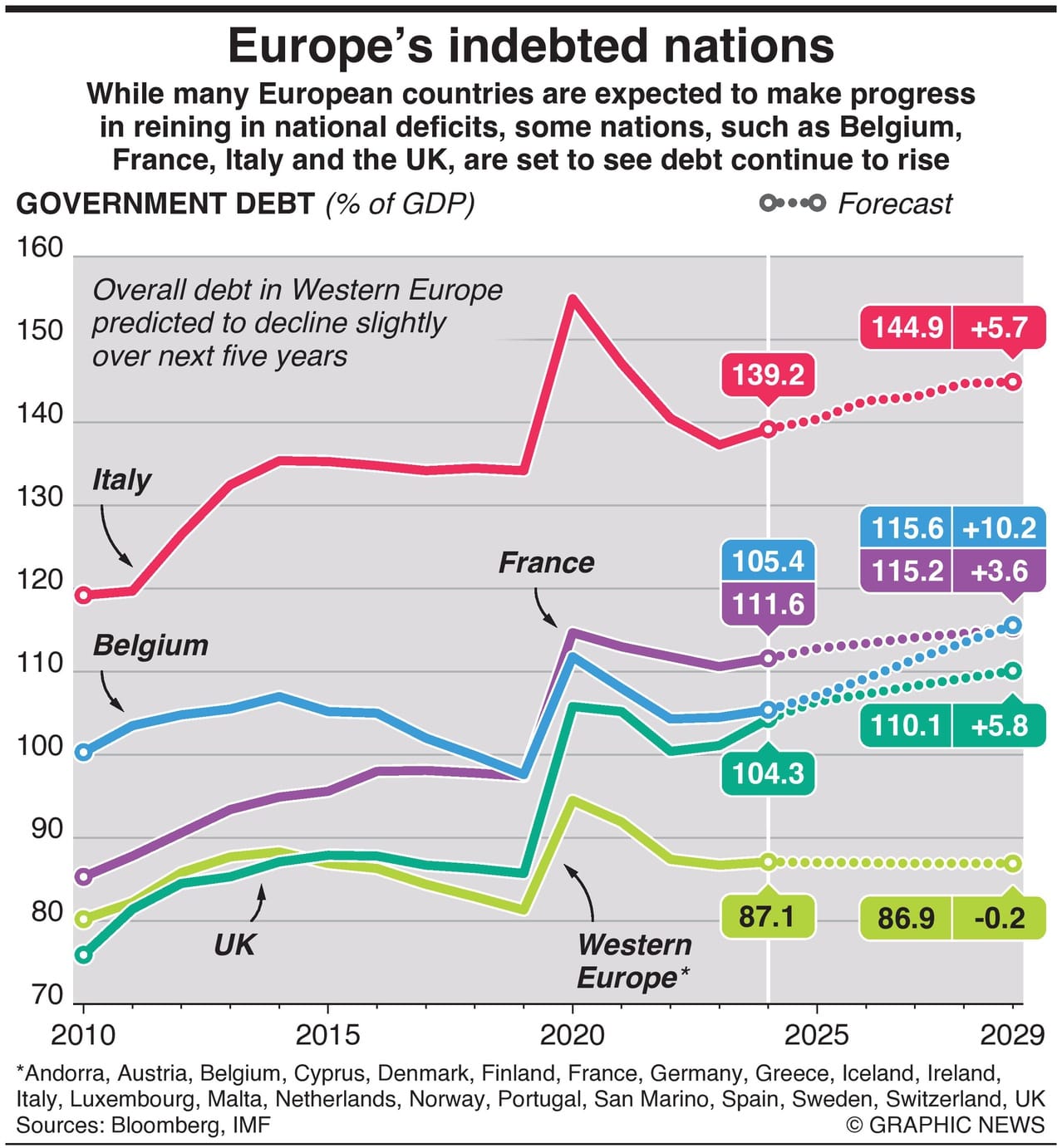
As China pulls its economy up from the aftereffects of COVID-19, its factories are producing far more than usual to satisfy world demand at competitive prices even as European companies step back. In Ursula von der Leyen’s wisdom, it doesn’t matter that the sanction policies she championed rendered Europe uncompetitive. Her solution is to threaten China with trade sanctions and tariffs if Beijing doesn’t moderate its capacity!
The pro-Palestine campus protests in America are another example of how the West’s foreign policy priorities have come home with a vengeance and touched corners that were largely uninvolved in world affairs.
The average college student is unwilling to appreciate the Middle East’s complicated history and geopolitics. Israel occupies less than 0.4% of land mass compared to all the Arab real estate, which stretches from Morocco, bordering the Atlantic Ocean, to the Persian Gulf states, not including Iran. Yet, since its founding, Israel has been under constant threat from the Arab states and has vigorously defended itself with active support from Western nations.
While we agree that the Palestinian people have been oppressed for decades, the actions of Hamas, like those of the tactics of Yasser Arafat, were reprehensible and deserve to be punished so that a similar attack can never happen again.
But thousands of students have chosen to ignore the brutality of the Hamas attacks on Israel on October 7 - even ignoring the fact that hundreds of hostages have been killed, and many remain under Hamas control - and are only focused on Israel’s response in Gaza. They allege that America is not an unbiased, neutral arbitrator in the Land for Peace talks that have dominated diplomatic discussions between Israel and the Palestinians. The average Palestinian has little hope. Poverty is endemic. And Israel and America are the reason for this dire situation.
We are reminded of President Bush 43’s “We hear you” speech from the embers of the Twin Towers. America’s response to 9/11 was so massive that it forever changed how the world lives. Overwhelming Israeli action, driven more by emotion than logic, has drawn more sympathizers to the Palestinian camp. The Arab states are moving further away from the Abram accords, returning Israel to its isolation. The Middle East has again begun to dominate world politics as the Arab states vow support to Palestine to bring harm to Israel. Iran, with its goal of decimating Israel from the world map, has been leading the charge.
Five years ago, the world was at peace. Today, two wars have changed the trajectory of life for millions of Western citizens, touching the far corners of the world that were largely unseen.
We, like millions of Americans, are glad to take mean tweets in the White House instead.
Related:
